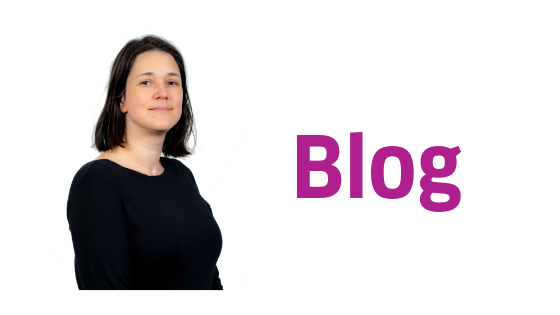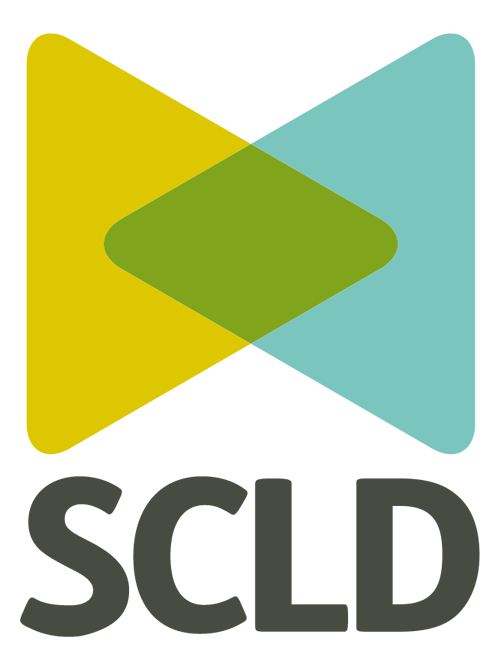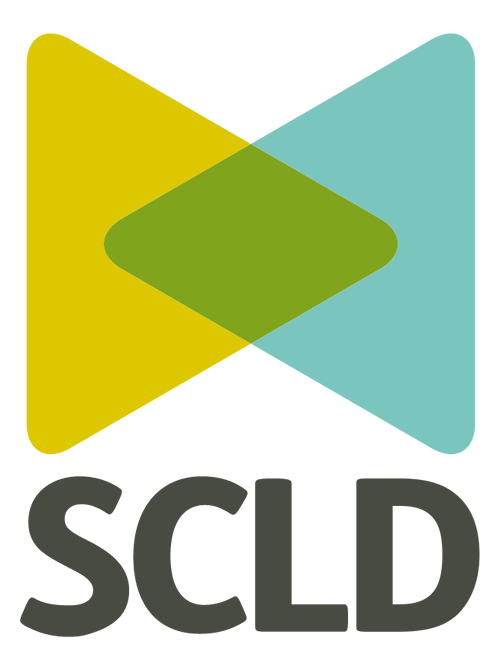
Why Social Capital is more important now than ever
SCLD’s Implementation & Involvement Officer, Catriona Rowley, writes about why the concept of ‘Social Capital’ has become increasingly important during the COVID-19 pandemic, and why it impacts on people with learning/intellectual disabilities…
“The first part of the year is always busy at SCLD, and a commonly uttered comment is ‘”we’ll pick that up after Learning Disability Week”‘. This year Scottish Learning Disability Week is still going ahead and we’re still busy, but it’s all online.
Due to the COVID-19 pandemic we’ve been focused on that more than we have been on Scottish Learning Disability Week 2020, or what is to happen after. We’ve had to adjust to new ways of working for us and for our engagement with people with learning/intellectual disabilities, their families, and the people who work for and with them. Prior to lockdown, a colleague and I were spending a lot of our time piloting some resources we’ve been writing to help people with learning/intellectual disabilities to be more included in community-based activities. We’ve had to put that on hold, quite rightly, while the country deals with the current pandemic.
We can’t promote community contact at a time like this.
Postponing this work meant that in the first days of working at home I wondered what on earth would keep me busy for more than a couple of days, but it’s been an incredibly productive time. We’ve been focussed on ensuring people have the information they need in a format they can understand, keeping in touch with people we already knew, and meeting new people online and on the phone. Plus, we’ve been trying to find out what we can about the experiences of people with learning/intellectual disabilities during the lockdown.
We’ve done that through a survey, and one thing that this has shown is the importance of ‘social capital’. Social capital is important for how people with learning/intellectual disabilities live their lives under lockdown, and after. People with social capital have contacts they can call on in times of crisis – a support network of people, like friends, neighbours or fellow members of a religious community, or a group or club, who are local to them who can help them to get groceries and medicines, and ensure they understand the rules of the lockdown.
“Social capital is important for how people with learning/intellectual disabilities live their lives under lockdown, and after.”
On the other hand, we know that a lot of people with learning/intellectual disabilities live:
- On their own
- With health conditions that mean they need to self-isolate
- Are often isolated from neighbours, groups/clubs that bring people together
- Without the equipment and/or skill set to use online services.
Few people are enjoying the isolation, but some people are managing better than others. We know that support has been cut or even removed for some people. For some this space will be filled by local community members who are already part of the person’s social sphere. Other people we’ve signposted to local voluntary organisations who can help them, after we’ve learned that they were struggling.
We know there are far more people with learning/intellectual disabilities who we do not have regular contact with, than those who we do – so it’s impossible for us to know what the situation is like for everyone out there. Those who do not have social capital may be able to link in with the local volunteers who are supporting self-isolating people to get groceries and essential supplies, but without internet access and the skills needed to research this kind of information, people still rely on their social contacts for information.
The learning disability community is rallying round online; SCLD and many other organisations are maintaining contact online and by phone. The challenge is that in a community of interest we do not necessarily live close enough, or have the capacity, to be able to help people with the things they need at a time like this. Contact with the local community is vital.
“…we do not necessarily live close enough, or have the capacity, to be able to help people with the things they need at a time like this. Contact with the local community is vital.”
In time, we’ll come to the ‘after’; after Scottish Learning Disability week, after the lockdown, and after all of the cancelled meetings and events have been rescheduled. Then we can think about what next? The post-pandemic future will undoubtedly be worse than before for a lot of people; those who have lost family members and friends to the virus and those who’ve lost jobs. But there’s also an opportunity to learn from this and to throw out old ways of working.
I’ve read a lot online about this over the past few weeks with different commentators making different suggestions, I found this presentation on the RSA website really helpful; we need to look at what we’ve started new and what we’ve stopped during the pandemic and really think about what we keep and what we throw out going forward. There will be a period where people are looking forward to new things and to making changes. The Scottish and UK Governments could, for example, make changes which see the social care sector finally getting some recognition for the role it plays in the lives of the people who rely on it, now that we’ve been encouraged to applaud for the key workers. I hope we can also look back and return our focus to things that remain important.
Social isolation isn’t a new thing for people with learning/intellectual disabilities (written about more eloquently here). History tells us that, as a community, they’ve often been forced to live away from wider society. Even with changes in policy to move towards living in the community, the community has not always embraced people with learning/intellectual disabilities. The pandemic has shown us how important these community connections are for survival at times like these, but they are also vital for thriving in life when it returns to the ‘new normal’.
“Social isolation isn’t a new thing for people with learning/intellectual disabilities […] History tells us that, as a community, they’ve often been forced to live away from wider society.”
No one would choose isolation as part of this new normal, so let’s return to working to make sure that part of the new normal for people with learning/intellectual disabilities is more connectivity and inclusion with their local communities.”
Catriona Rowley
Implementation & Involvement Officer


